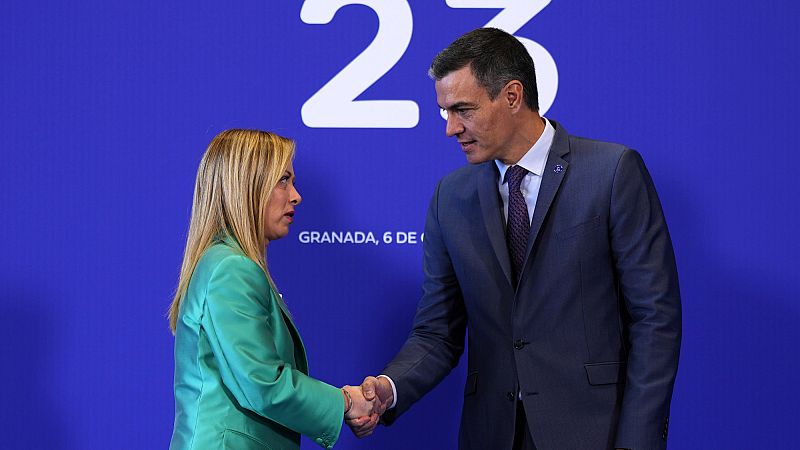
The European Commission has acknowledged that it will discontinue using the phrase "Rearm Europe" for its extensive program aimed at strengthening defense capabilities following criticism from Italian and Spanish leadership. These leaders contend that the terminology is overly provocative and could lead to public disenfranchisement.
Starting from now, the strategy to enhance defense capabilities and boost production throughout the union will be referred to as "Readiness 2030." This designation alludes to the target year by when Russia aims to achieve certain objectives. could have The required abilities to initiate an assault on a country that is part of the European Union or NATO.
In the meantime, the particular program designed to generate and allocate €150 billion in low-interest loans to support the acquisition of sophisticated weaponry and ammunitions will be named “SAFE.” Additionally, the Commission has suggested modifying certain fiscal regulations with the aim of unlocking approximately €650 billion, bringing the overall amount to €800 billion.
"We are sensitive to the fact that the name as such may trigger some sensitivity in some member states so this is something that, of course, we listen to," Paula Pinho, the Commission's chief spokesperson, said on Friday afternoon.
Should this make it harder to communicate the importance of taking these measures to all EU citizens, we should be prepared not just to listen but also to adjust our communication approach accordingly.
"Readiness 2030" should be understood as encompassing a wider range, Pinho clarified. However, the goals will stay unchanged.
The rebranding was accomplished in an impressively brief period.
When Ursula von der Leyen presented the $800 billion initiative on 4 March She merely employed the phrase "Rearming Europe" to encapsulate this idea. The Commission President stated, "We find ourselves in an age of rearmament, and Europe is prepared to significantly increase its defense expenditures."
However, earlier this week, when the Commission unveiled the legal documents supporting the initiative, the terminology shifted to "Rearm Europe Plan/Readiness 2030."
Before the presentation, Italian Prime Minister Giorgia Meloni publicly stated her unease with the term.
“I think ‘Rearm Europe’ is a misguiding term for the public since our objective is to enhance defense capacities, not simply acquire weapons,” Meloni stated in the Senate on Tuesday.
For Meloni, the emphasis should extend further to include "functionality, critical services, energy infrastructure, and supply chains—matters that cannot be addressed solely through military means."
"Without this approach, there is no defense," Meloni stated.
His Spanish equivalent, Pedro Sánchez, made it clear without any hesitation that he disliked the term during a summit of EU leaders In Brussels, defense was the main topic of discussion. Similar to Meloni, the Spanish representative advocated for an expanded interpretation to encompass sectors such as cyber security, counterterrorism, quantum computing, artificial intelligence, and satellite communications.
“I prefer not to use the term ‘rearming.’ It’s too narrow a perspective. Security encompasses a wider scope than just defense,” Sánchez stated on Thursday, noting that the challenges facing Southern Europe differ somewhat from those in Eastern regions.
I believe we should inform people that discussing security and defense essentially involves technology, frequently including items with both civilian and military applications. For instance, drones capable of being utilized during conflicts, such as those seen in eastern Ukraine, could also serve to combat wildfires.
By the conclusion of the summit, von der Leyen seemed open to the criticisms and suggested a potential overhaul that might eliminate the "Rearm Europe" label entirely.
"The scope of our approach is considerably broader," she stated, discussing topics such as electronic warfare, cybersecurity, and telecommunications.
Hence, the title 'Readiness 2030'.
The concerns expressed by Italy and Spain have sparked surprise, considering both nations lag behind as some of NATO’s underperformers, not reaching the 2% benchmark for defense expenditure.



0 Komentar